




-
Application
- Industry
- Heating industry
- Individual solutions
- Law regulations
- Certification
- Research and development
- Public perception
- Investment map
-
Transport
- Hydrogen buses
- Hydrogen trains
- Special vehicles
- Law regulations
- Certification
- Research and Development
- Public perception
- Investment map
-
Production
- Technology
- Green hydrogen from Renewable Energy Sources
- Grey hydrogen
- Hydrogen production from biomass
- Law regulations
- Certification
- Research and development
- Public perception
- Investment map
-
Transmission, Storage



Cookies
Informujemy, iż w celu optymalizacji treści dostępnych w naszym serwisie, dostosowania ich do Państwa indywidualnych potrzeb korzystamy z informacji zapisanych za pomocą plików cookies na urządzeniach końcowych użytkowników. Pliki cookies użytkownik może kontrolować za pomocą ustawień swojej przeglądarki internetowej. Dalsze korzystanie z naszego serwisu internetowego, bez zmiany ustawień przeglądarki internetowej oznacza, iż użytkownik akceptuje stosowanie plików cookies. Czytaj więcej Polityka prywatności
Production
Will a Polish company solve the problem of zero-emission waste disposal?
Engineers from the Polish company WTT in Opole together with scientists from the Wrocław University of Technology have developed an innovative technology for waste utilisation. The installation based on ZEWE technology makes it possible to convert any type of waste into water, gas, energy and hydrogen.The Zero Emission Waste Elimination technology developed in Polish laboratories allows for complete utilisation of municipal, industrial and medical waste, as well as hazardous waste without releasing any toxic compounds into the atmosphere. According to the manufacturer, the method is based on the process of burning rubbish at a high temperature of 1,300°C, which causes it to be decomposed into basic organic substances.
Above all, the waste gasification process produces zero-emission hydrogen. It is much cheaper to produce than green hydrogen from eletrolysis and, as a product of waste incineration, appears to be more accessible.

Developed thanks to a GreenEvo grant from the Ministry of Climate, the ZEWE technology may turn out to be a breakthrough for the zero-emission green economy not only in Poland, but also abroad. Today, an average European produces as much as half a ton of waste annually, and this number is still growing. Although Poles are at the bottom of the statistics with 336 kg of waste per person per year, the increase in waste production is already worrying. According to the Central Statistical Office, between 2004 and 2008 the amount of rubbish produced annually increased by only 7 kg per person, while in the period 2016-2020 by as much as 39 kg per one inhabitant of our country. What happens to waste after collection is also worrying. According to the CSO, more than 10 million tonnes of municipal waste were collected from Polish households in 2019, of which 55.4% was recovered through recycling, composting or fermentation or thermal transformation, among other means. Meanwhile, according to a report by the Polish-Italian company Amest Otwock, the number of active landfills is falling, and just over 34% of waste is recycled.
In the light of the presented data, ZEWE technology may be a solution which will contribute to significant improvement of not only the current processes of waste utilization, but will also make it possible to reduce the amount of waste already existing and deposited on legal and illegal landfills. The installation takes the form of a container structure which does not require foundations, making it significantly more mobile and versatile than the equipment and processing plants used to date. Installed on the site of waste generation or landfill, it enables waste to be immediately processed into resources that can then be used on site or resold.
WTT is selling B shares in the company from 17 September to 12 October in connection with the development and implementation of ZEWE's technology. Meanwhile, ZEWE itself has just successfully undergone technology trials and is entering the final phase of commercialisation. The first plant will be used to treat sewage waste at Przedsiębiorstwo Wodociągów i Kanalizacji Brzeg. As WTT President Krzysztof Nieć convinces, local governments and public institutions are the first and natural partner for pioneering implementations.
Redakcja





